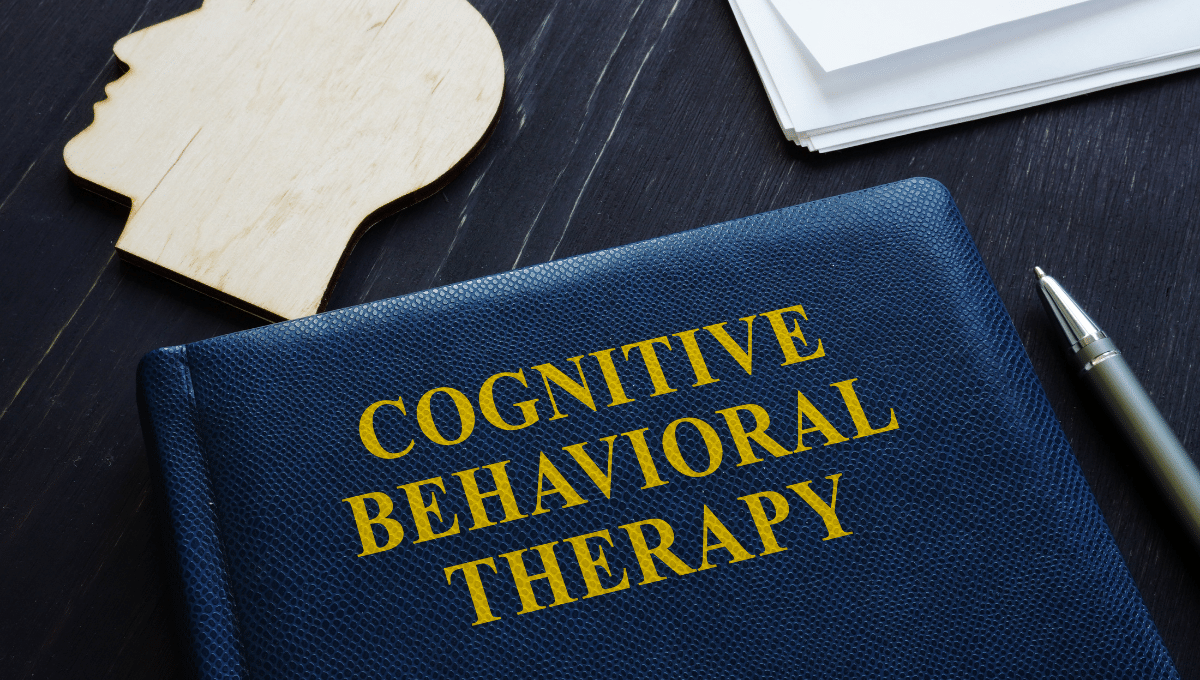Cognitive-behavioral therapy provides a way for people to address negative thought patterns during the recovery process. In cognitive-behavioral therapy for addiction, you will learn why these thoughts occur and how to turn them around. An important factor of CBT is learning that your emotions and actions stem from irrational thought patterns. When you act on these unreasonable thoughts, you further damage your recovery process.
Therapeutic Process of CBT
The first step in cognitive-behavioral therapy is to learn how to recognize when these automatic thoughts are occurring. The goal is to catch yourself in these negative patterns. In doing so, you will then be able to make changes in your thought patterns to alter the outcome. You will work towards goals such as:
- Dismissing insecurities and negative thoughts
- Identifying specific problems or issues in your daily life
- Improving communication skills
- Using self-help tools to improve your thoughts
Cognitive-behavioral therapy provides a way for people to address negative thought patterns during the recovery process. In cognitive-behavioral therapy for addiction, you will learn why these thoughts occur and how to turn them around. An important factor of CBT is learning that your emotions and actions stem from irrational thought patterns. When you act on these unreasonable thoughts, you further damage your recovery process.
Who Benefits From CBT?
CBT can be used alone or in combination with other therapies or drugs to treat a range of illnesses. This includes:
- Depression
- Anxiety disorders
- Phobias
- PTSD
- Sleep disorders
- Eating disorders
- Obsessive-compulsive disorder (OCD)
- Substance use disorders
- Bipolar disorders
- Schizophrenia
- Sexual disorders
What To Expect During CBT?
Cognitive behavioral therapy is best used during group therapy or psychotherapy. The therapist leads the individual through exercises in recognizing common unhealthy thoughts and then practice replacing those thoughts. In group therapy situations, people can talk about their thoughts amongst people who have similar ones. It helps people understand they are not as alone as they feel.











